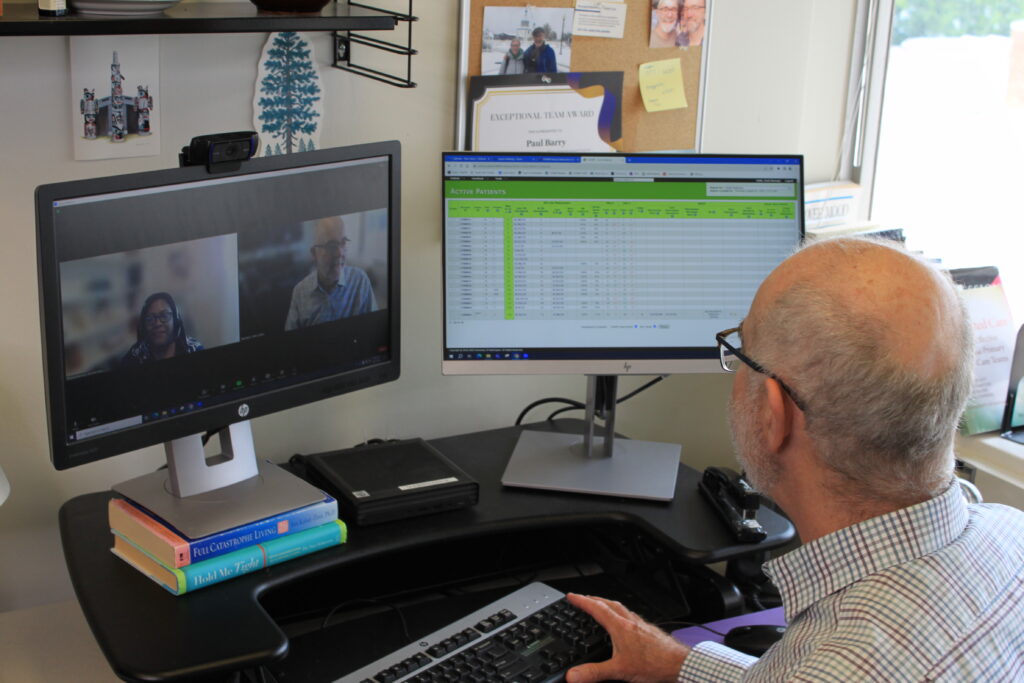
Registry Requirements
An essential part of the Collaborative Care workflow is the use of a registry to manage caseloads and track patient outcomes. An effective registry must:
- Track clinical outcomes and progress at both the patient and target population caseload levels.
- Facilitate treatment-to-target by summarizing patient’s progress in an understandable and actionable way.
- Enable efficient psychiatric consultation and Systematic Caseload Review, allowing providers to easily prioritize patients who need evaluation for changes in treatment or who are new to the caseload.
The AIMS Caseload Tracker is a low-cost registry designed for Collaborative Care that meets all requirements. See our Collaborative Care Registry Design Considerations for more detailed information on what to look for in a registry.
Selecting a Registry Tool
Registry tools that support Collaborative Care (or similar behavioral health integrations) vary widely in their sophistication, functionality, cost, and scalability. When selecting a registry organizations should consider ease of use, functionality, reliability, IT capacity, and budget. Below are the most common registry options.
Spreadsheet Registry
Clinics can create a registries using a spreadsheet. Clinic-developed registries should adhere to the functional requirements cited above. Caseloads managed on a spreadsheet can be challenging to scale and maintain HIPAA compliance.
AIMS Caseload Tracker
The AIMS Caseload Tracker is a low-cost, secure, HIPAA-compliant, web-based registry carefully designed to support CoCM workflows.
Custom Registry
Organizations can custom build a registry within their EHR or care management software system. Custom builds take time, and many organizations find the AIMS Caseload Tracker (or similar tool) a valuable interim solution.